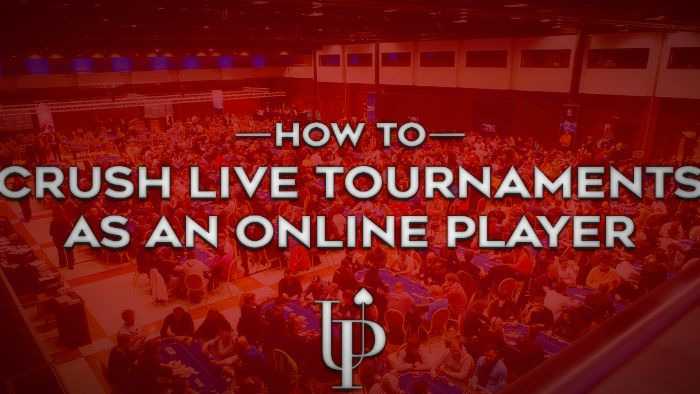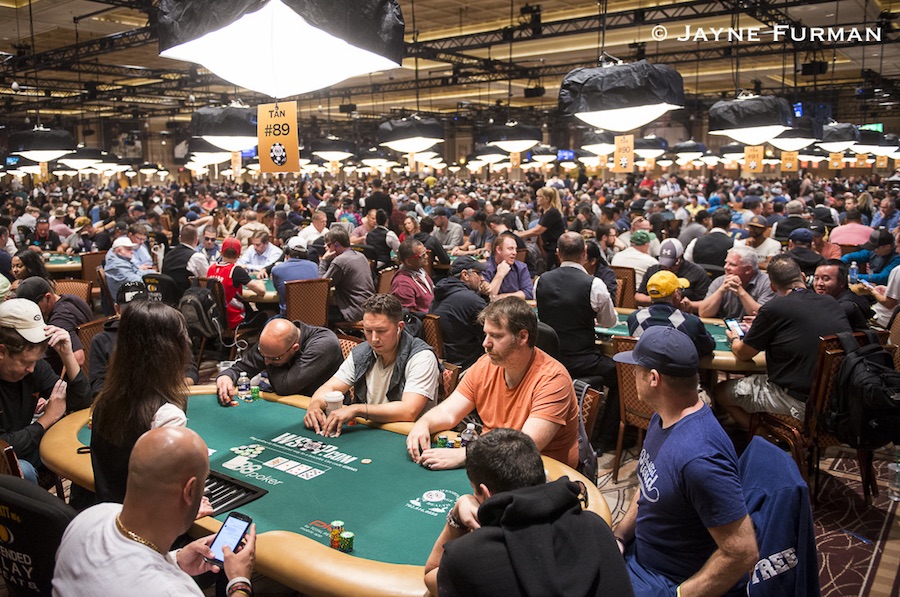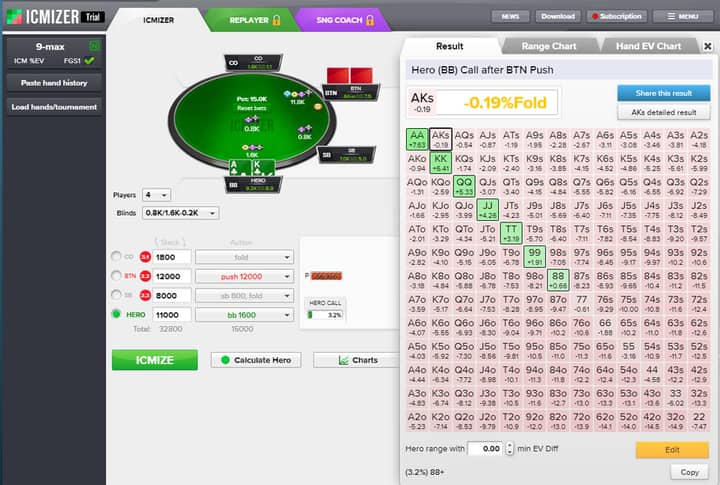Tournament Poker Strategy
Jul 06, 2020 Learn continuation betting strategy. This article is dedicated to poker tournament strategy, not continuation betting but the fact is, c betting is an important part of tournament poker. You need to understand which boards favour your perceived range and what favours your opponent. A lot of players waste chips throwing out foolish continuation. Poker Strategy: Learn the different ways you can play online poker multi-table tournaments to improve your tournament results at every stage with this 3 part comprehensive guide.
The first thing that you want to do before playing in a video poker tournament is figure out the rules and other details.
This is important because you must decide what kind of strategy is needed to reach the prize money. You must also figure out what tourneys best suit you.

Here are the standard types of video poker tournaments:
- Buy-In Without a Fee – These events see 100% of players’ buy-ins go directly into the prize pool.
- Buy-in with a Fee – The casino that’s hosting the tournament takes a small fee from each buy-in. In most cases, the fee includes an extra 5%-10% on top of the buy-in (e.g.,$100 + $10).
- Open Freeroll – A freeroll is aptly named, since you don’t have to pay anything to enter. The “open” aspect refers to how anybody at the casino can enter because there aren’t any requirements.
- VIP Freeroll – These tournaments also don’t require players to pay an entry fee. The catch is that you have to be a certain VIP status to be invited.
You should use your specific situation to decide what type of events you’re willing to play.
A well-funded video poker player who wants to compete for big prize money will find open freerolls to be a waste of time.
This is because open freerolls can draw hundreds or thousands of players. And the prize pools are generally small, meaning a tiny percentage of the field will cash.
On the other hand, any gambler with a small bankroll should consider open freerolls because these offer a chance to win real money.
Another consideration comes in with VIP freerolls. Specifically, you want to decide whether the freeroll prize pools make it worth attaining a specific loyalty status.
You should also look at the other rewards being offered in the program to see if it’s worth meeting the VIP status requirements.

When it comes to buy-in tournaments, you obviously want to play in events where you don’t have to pay extra fees. But keep in mind that tourneys with house fees can be the most lucrative in termsof prize pools.
As for the rules, you need to know if a tourney has a time limit, credit limit, hand limit, or a combination of these. Here are different formats featured in video poker tournaments:
- Timed – These tournaments last for a specific number of minutes (e.g., 20 minutes). The winner is the player with the highest score when the time is up.
- Credit Limit – Entrants continue playing until their credits run out. The winner is determined by who has the most credits when everybody is finished playing their round.
- Credit and Time Limit – Ends when the time limit is reached. But players can also run out of credits before the time limit.
- Hand Limit – The tournament runs for a specific number of hands (e.g., 300 hands). The winner is the player who has the highest bankroll when the hands are finished.
Timed tournaments are the most common in video poker. These see you play as quickly as possible in hopes of winning the most credits.
For example, you may be given 30 minutes to rack up as many credits as possible. When the half hour is up, players’ scores are tallied, and a winner is determined.
You want to play as quickly as possible in any timed video poker tourney. This ensures that you give yourself the best possible chance to win lots of credits.
Hand limit events are also fairly common. An example would be a tournament that lasts for 500 hands.
You should take your time with these tourneys because there’s no pressure and you want to make the best decisions.
Rebuy tournaments are much different than freezeouts. Players don’t worry about surviving in the rebuy period (at the start). They know they can pay for a new set of chips, so they play with aggression.
Many players play loosely, hoping to get lucky and build up a big chip stack for the middle part of the tournament. Unlimited rebuys take this to its logical conclusion. Players are known to see 80% of the flops, hoping to catch a flop. Daniel Negreanu is known to have used 48 rebuys in one WSOP unlimited rebuy event back in 2006.

Many players don’t have that money to spend, so they play a semi-loose style. They want to have a decent hand, but they may not be as selective as they would be in a freeze-out event. Don’t play the hand you have almost no chance of winning. Don’t make massive overbids.
Play like you might in a cash game where you know you can buy more chips, but you’d just as soon not. Add-on events have a similar strategy because players know they have a chance to refill and replenish their chip count.
Freeroll Strategy
When you play an freeroll tournament, you’re certain to see a lot of fish. Bluffing has limited effect. They got into the tournament for free and they’re willing to take the chance they’ll double up and have the big chip stack at the table.
In this situation, it’s better to play tight and only get into the action when you have confidence you’re ahead. Let the fish eat one another and try to catch the surviving big fish later.
Sound Strategy Decisions
The one strategy which is always in fashion is to play the odds and make sound decisions. When players are ahead most of the time as they bet into the pot, they’re going to be successful online poker players. Learn strong and weak poker hands, then learn everything in between.
Tournament Poker Strategy Videos

Tournament Poker Strategy Of Tom Mcevoy

Tournament Poker Strategy Hand Analysis
Know the pot odds when you decide to call or, better yet, raise. Individual tournaments and single hands may not go your way, but when you put yourself in the best position to win consistently, you’ll succeed over the long term. Playing intelligently doesn’t assure you win any given hand, but smart players are winning players.